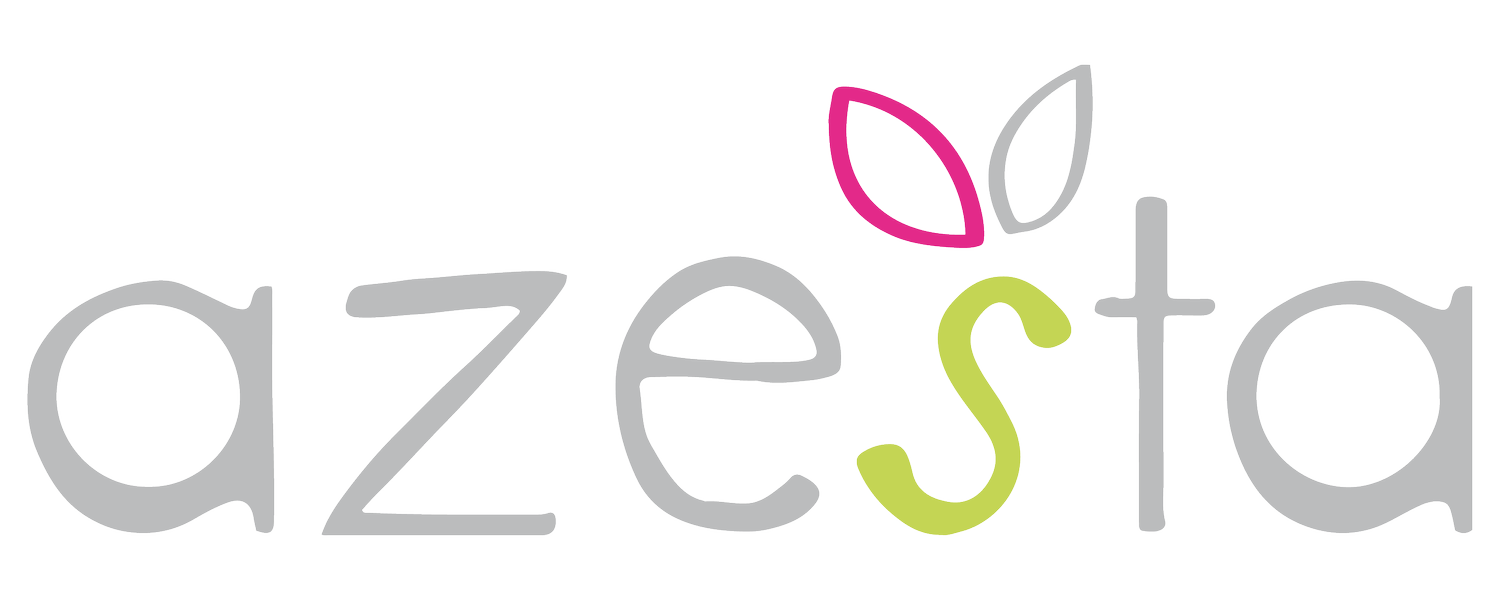The Summer Reset: Why Taking Time Off Rewires Your Brain for Better Leadership
“Almost everything will work again if you unplug it for a few minutes, including you.” – Anne Lamott
We’re halfway through 2025. The sun is out (mostly), the school gates have closed for summer, and across the UK, thousands of professionals are breathing out — if only for a moment.
But what if this mid-year pause is not just a break? What if it’s a neurobiological opportunity — a crucial point in the calendar where our brains can regenerate, recalibrate, and reboot our leadership potential?
That’s what cutting-edge research across neuroscience, organisational psychology, and philology is beginning to suggest. The act of “unplugging” may no longer be a luxury for leaders — it may be a necessity.
Burnout is Not Just Tiredness — It's a Neural Phenomenon
According to a 2024 study published in Frontiers in Psychology, burnout affects the default mode network (DMN) — a critical brain system that governs creativity, empathy, and future planning. The DMN only activates when we’re not engaged in task-based thinking.
Translation? If you never mentally switch off, your ability to think strategically, empathise, and lead with foresight starts to collapse.
This has profound implications for management. “Cognitive offloading” — allowing the brain to rest and wander — enhances decision-making and reboots the frontal cortex. Sabbaticals, nature walks, journaling, even daydreaming all light up the very parts of the brain we most need in boardrooms and brainstorming sessions.
The “Attention Restoration Theory”: Why Forests Are Better Than Emails
Pioneered by psychologists Rachel and Stephen Kaplan, Attention Restoration Theory (ART) proposes that natural environments restore our ability to concentrate and focus. A 2023 meta-analysis from the University of Exeter showed that just 10 minutes in a green space significantly reduced cortisol and improved cognitive flexibility — both essential for leadership resilience.
As managers retreat to the Lake District or the Cornish coast, they may not realise they are literally recharging the most powerful tool they have: their executive function.
But here’s the twist: this kind of mental restoration doesn’t come from scrolling on your phone by the pool. The most restorative experiences are unstructured, non-competitive, and offline.
The Science of Psychological Distance: Why Clarity Comes When You Step Back
Emerging work from Stanford’s Self-Representation Lab suggests that temporal distancing — imagining yourself from a future or outside perspective — creates mental clarity and reduces emotional reactivity. Leadership training increasingly incorporates this technique, whether through coaching, reflective writing, or immersive experiences.
A short break isn’t just relaxing. When done right, it simulates the kind of perspective shift associated with deeper self-awareness, conflict resolution, and strategic visioning.
Reclaiming Curiosity: Mid-Year is the Ideal Time for “Skill Stacking”
Many high-performing professionals experience what psychologists call “epistemic closure” — the tendency to stop learning once they’ve reached competency. It’s deadly for innovation.
The summer reset is the ideal time to reignite curiosity. Harvard Business Review recently cited “skill stacking” — the deliberate learning of adjacent or seemingly unrelated skills (e.g., psychology + negotiation, or neuroscience + coaching) — as a defining trait of modern leaders.
Azesta’s own experiential learning days often create exactly this kind of integrative, embodied learning — where new mental maps are formed not just cognitively but viscerally, through doing.
The Takeaway: This Summer, Step Away to Step Forward
July is more than a warm lull in the calendar. It’s a natural inflection point — biologically, psychologically, and professionally.
So, to the CEOs in Cornwall, the team leaders in Tuscany, and the project managers on their local hiking trail: this isn’t time “off.” It’s time “in.”
In your nervous system. In your subconscious. In your long-term clarity.
And when you return in September, your team won’t just see someone rested. They’ll see someone rewired.
🔍 Want to Go Deeper?
Here are three fascinating reads and tools if you want to make your summer a time of intentional reset:
Book: Rest: Why You Get More Done When You Work Less by Alex Soojung-Kim Pang
Tool: VIA Character Strengths Survey – A free psychological tool to reflect on your core leadership traits
Article: “Rebooting the Brain Through Rest” – Nature Neuroscience, May 2024 (available via PubMed)
